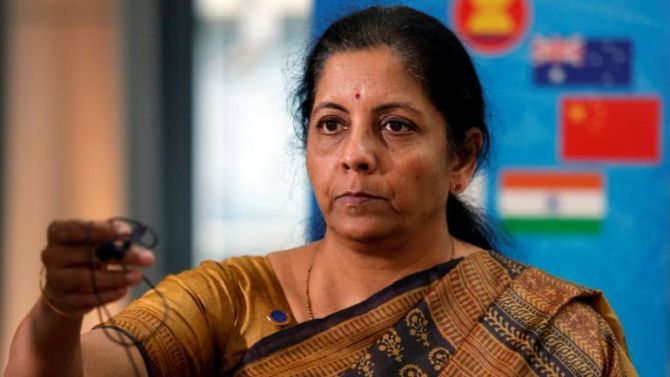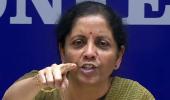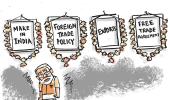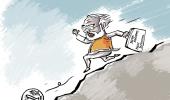To propel demand, one should concentrate on indirect taxes and bring down the goods and services tax (GST) rates to a uniform 12 per cent as the Vijay Kelkar panel had recommended, said Ajit Ranade, chief economist at Aditya Birla Group.

The government in its Union Budget 2020 should focus on boosting rural demand to perk up the economy instead of cutting the personal income tax rate, said economists at a panel discussion on Saturday.
At the annual convention of the Federation of Indian Chambers of Commerce & Industry (Ficci), Shekhar Shah, director general at the National Council of Applied Economic Research (NCAER), said had there been no Budget constraints, both personal income tax and rural demand could have been given a push.
However, in the real world, an income tax cut would not have as much impact on demand as focus on rural demand.
Ajit Ranade, chief economist at Aditya Birla Group, said, “I don’t think a cut in the personal income tax is a good thing to do at this juncture.”
In India, he said, people start paying income tax when they have 400 per cent of per capita income, while in advanced countries they do it once they have 25 per cent of per capita income.
In fact, to propel demand, one should concentrate on indirect taxes and bring down the goods and services tax (GST) rates to a uniform 12 per cent as the Vijay Kelkar panel had recommended, he said.
D K Joshi, chief economist at CRISIL, said tax collections are so poor that the government’s ability to spend more will be curtailed if the personal income tax rates are cut.
The panelists spoke in different tunes on whether India should have joined the Regional Comprehensive Economic Partnership (RCEP).
Sachchidanand Shukla, chief economist at Mahindra Group, said India should avoid the RCEP in terms of timing.
He wondered whether the country has the ability to compete with the proposed RCEP members.
Joshi said India should join the RCEP. Ranade spoke in favour of the deal, saying India has in its armour anti-dumping and safeguard duties which could be imposed if there is abuse of the treaty.
So many options will go if India does not join the RCEP, he said.
Shah said the country must join the RCEP and must join it now even if there is pain.
On interest rates, Ranade said monetary policy is not working effectively, the real interest rates are still very high.
He urged to explore the idea of interest subvention in various sectors through fiscal means.
Joshi said the monetary policy has lost its effectiveness at this point of time but this cannot be the reason not to use it.
To a question on why experts, including the Reserve Bank of India, could not anticipate the extent of economic slowdown and kept revising economic growth projections, Shah said in the previous years the economy was growing by 8 per cent, then 7 per cent and then 6 per cent and nobody expected it dropping to 4.5 per cent.
Then, he said, there was this reputation of the fastest-growing large economy for India which made everyone, including economists, complacent.
Photograph: Kham/Reuters












 © 2025
© 2025